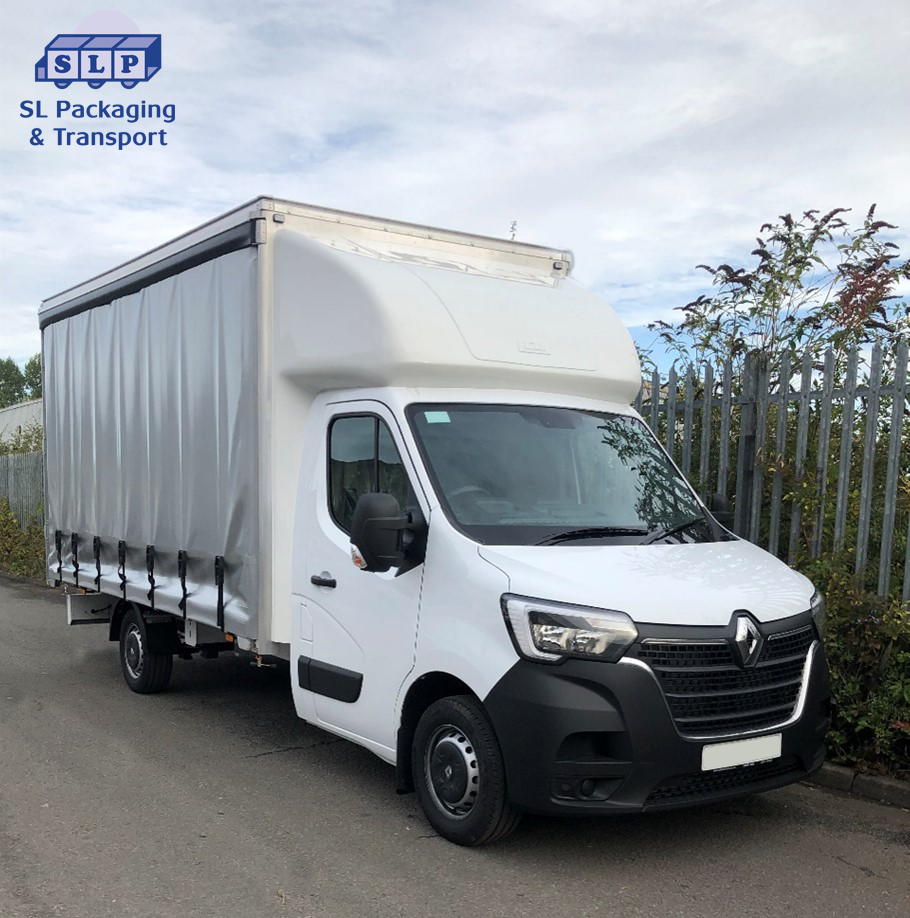What is ADR?
ADR stands for ‘The Agreement Concerning the International Carriage of Dangerous Goods by Road’ or short for the French meaning “Accord Dangereux Routier” – a treaty drawn up in Geneva 1957, under the supervision of the Inland Transport Committee of the United Nations Economic Commission for Europe (UNECE).
It is a European agreement carried out by treaty members, that is put in place to control the international movement of dangerous goods on land, by ensuring vehicles transfer dangerous goods safely and securely.
The ADR is regularly updated to align with the changing regulations within the logistics industry.
Classification of dangerous goods
The classification of dangerous goods is partitioned into 9 classes. Each has its own unique hazard symbol and number. The classification includes the following:
-
- Classification 1 – Explosives
-
- Classification 2 – Gases
-
- Classification 3 – Flammable Liquids
-
- Classification 4 – Flammable Solids
-
- Classification 5 – Oxidizing Substances
-
- Classification 6 – Toxic Substances
-
- Classification 7 – Radioactive Material
-
- Classification 8 – Corrosive Substances
-
- Classification 9 – Miscellaneous Dangerous Good

What is covered under the ADR regulations?
The ADR forms a set of regulations that outline the administrative and technical requirements that must be followed in order to transport dangerous goods safely. It applies to transportation companies, distributors, manufacturers, as well as importers and exporters.
It regulates the classification of dangerous goods, packaging, documentation, labelling and transport, as well as the loading and unloading of dangerous goods between countries or within a territory.
The ADR sets out a framework of obligations and responsibilities of each of the parties involved, to avoid damage to people, property and the environment. The main functions of this include:
-
- The classification of goods being transported by road in accordance with their level of danger.
-
- The correct type of packaging and containers used for each substance.
-
- The proper labelling and marking of loads, including the different indications of goods and vehicles.
-
- The appropriate documentation that accompanies any dangerous goods that must be presented for transportation. This includes waybills, labels or certifications.
-
- The relevant requirements for loading and unloading dangerous goods, including detailed permits and training required for all parties involved within the freight forwarding process.
Choosing the right ADR company for you
When it comes to choosing the right ADR company for you, we recommend selecting a provider that has the ability to operate to the correct size and scale of your business or industry. A provider that has designated, specialist staff and a fleet of vehicles that are fully-ADR certified will ensure a reliable and safe delivery solution for your dangerous goods and waste across the UK – giving you peace of mind.

